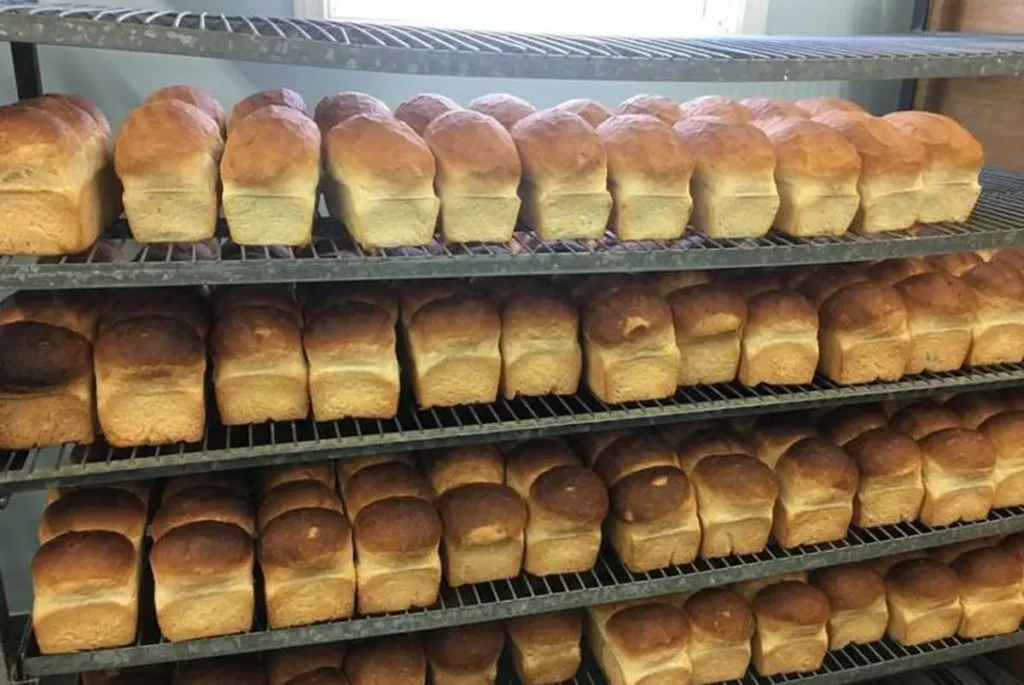
Bread remains a staple food in Nigeria, widely consumed for its affordability and versatility. However, recent studies have revealed alarming health risks, as many brands contain potassium bromate and excessive levels of harmful metals such as arsenic, mercury, lead, and cadmium.
Despite a 2003 ban by the National Agency for Food and Drug Administration and Control (NAFDAC) on the use of potassium bromate, research in cities like Ado-Ekiti, Port Harcourt, and Lagos shows widespread contamination. Potassium bromate, a chemical flour improver, is linked to serious health conditions like cancer and kidney failure, with trace metals exacerbating the risks.
A study published in the Journal of Trace Elements and Minerals found that many bread samples in Ado-Ekiti exceeded the maximum permissible bromate levels, and dangerously high concentrations of cobalt, lead, cadmium, and other metals were detected. The World Health Organization (WHO) and Food and Drug Administration (FDA) set strict limits for these substances, but many local bakers continue to use them to enhance bread texture and speed up production.
NAFDAC has ramped up efforts to monitor bakeries, warning of serious penalties for those caught using harmful chemicals. However, the Professional Bakers Association of Nigeria (PBAN) claims that its members adhere to safety standards and do not use bromate.
Despite these warnings, many Nigerians remain hooked on bread for its convenience, affordability, and versatility in meals. Some consumers, even acknowledging the health risks, express an addiction to the daily convenience of bread. The ongoing challenge lies in balancing the need for quick, affordable meals with the imperative to protect public health from harmful additives in food production.
As the debate continues, experts urge NAFDAC to enforce stricter monitoring and crack down on rogue bakeries to safeguard public health.

Comments